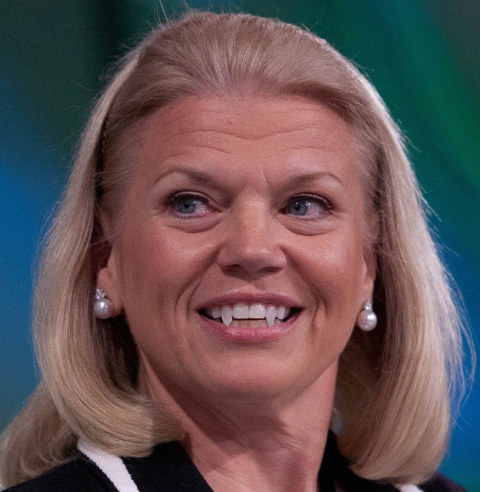

THREE years ago Alice came to change everything. It was the summer of 2014 when the US patent system became more 'officially' hostile towards software patents. Much has been written on the subject since then, including literally about a thousand articles here in Techrights (we regret not developing a detailed index page in Wiki form as we went along covering Alice; we had made one for the Bilski case).
"We constantly need to defend and advocate Alice; in absence of opposition to these saboteurs (usually the patent microcosm, which produces nothing but lawsuits) things can quickly change for the worse."Alice is not a "done deal", so to speak. Alice and Section 101 are constantly under attack. USPTO examiners often ignore the determination, instead relying on amorphous and dynamic guidelines, which contain loopholes for patenting software (a bunch of loopholes that courts don't quite fall for).
We constantly need to defend and advocate Alice; in absence of opposition to these saboteurs (usually the patent microcosm, which produces nothing but lawsuits) things can quickly change for the worse. We have already named some of these saboteurs. They don't quite keep it a secret (at least not effectively).
Yesterday we were reminded of the effect of stacked panels because Juve's UPC specialist wrote: "Nine panelist @Vossius #UPC Conference to vote on new start date of #UPC. All: at some day in 2019"
"We have already named some of these saboteurs. They don't quite keep it a secret (at least not effectively).""I guess none of these panelists was a UPC sceptic," I wrote. "Just gotta push the lie of Unitary Patent being inevitable."
UPC is a great example of echo chamber politics. Lots of people with financial stake in the outcome keep misleading one another. It's like a blind religion.
The same is true for software patents.
Just a short while ago IBM's patent chief, Manny Schecter, wrote that "99% of respondents to a survey at the IPO Annual Meeting indicated that change is needed to reform patent subject matter eligibility..."
For those who don't know what IPO is and how IBM is connected to it, see this article from February (we last mentioned it in May). IBM spearheads a propaganda campaign against Alice and it's too shallow for them to hide. The FFII's President responded to Schecter with, "this is what happens when you only ask the patent community. An echo chamber."
"Lots of people with financial stake in the outcome keep misleading one another."This is also what happens when IBM needs to rely on propaganda to harm software developers (with patent lawsuits).
We also see Steven Lundberg right there in the comments. Lundberg has long been a key part of the software patents lobby.
The EFF's Vera Ranieri also commented on this instance of IBM pushing for software patents.
She asked: "Is this like asking foxes whether the henhouse should be left wide open?"
"The meddling in patent policy by IBM is rather telling; IBM views its future as never-ending blackmail and extortion using software patents."IBM used to be "OK" towards Free/Open Source software in the late nineties, but right now it is an evil, aggressive, lying company. It's a patent aggressor. It is perfectly possibly/plausible that technology companies other than IBM (Microsoft for sure) want Alice thwarted and Section 101 changed, but they don't actively push for it like IBM does. The meddling in patent policy by IBM is rather telling; IBM views its future as never-ending blackmail and extortion using software patents.
Professor Polk Wagner, Intellectual Property [sic] professor at Penn, responded to Schecter by saying: "Only narrowly losing to ‘Is water wet?’ I’m sure!"
In our next post we'll talk about Alice trends and media spin that relates to it. ⬆